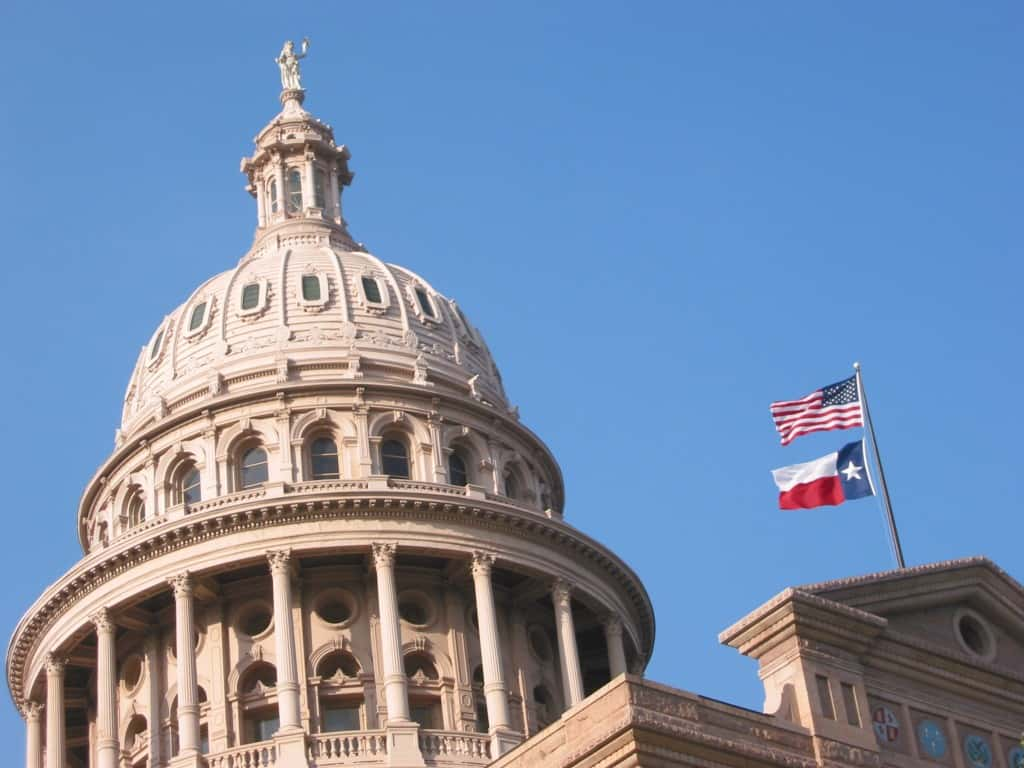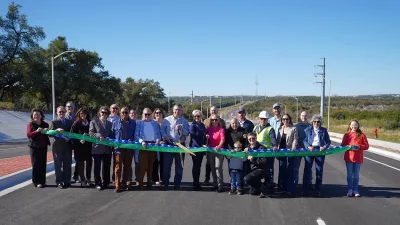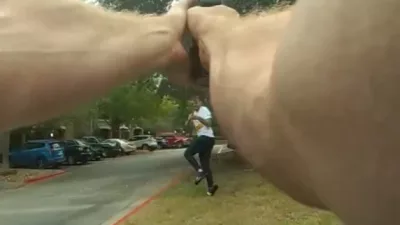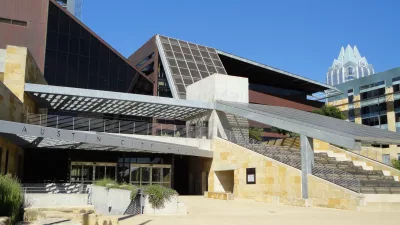The 140 day legislative session has come to a close, and state lawmakers managed to deliver on some big ticket items in the process.
Among the biggest was property tax reform. After a lengthy back-and-forth between the House and Senate, an agreement was reached to place a 3.5-percent threshold on property tax revenue growth . In other words, cities and counties seeking to raise revenue by more than 3.5-percent from the year prior would first need to hold an election and secure voter approval.
Currently, cities like Austin can increase property tax revenue by up to 8-percent, which is something the Austin City Council has routinely done. Austin Mayor Steve Adler sounded the alarm throughout the entire session, claiming the 3.5-percent limit would severely hamper the city’s growth and could lead to cuts in city services. With public safety making up 70-percent of Austin’s budget, the mayor has indicated that the council may have to look there to make up the difference.
The 86th lesiglative session also saw the passage of a sweeping $11.6-billion school finance overhaul, which includes $5.1-billion to help lower school district taxes. The remaining $6.5-billion will be put toward the improvement of public education and teacher pay raises. A bill also passed addressing school safety, calling for new security measures to be implemented and a new focus on student mental health.
Other hot items that made their way to Governor Greg Abbott’s desk include a statewide ban on red light cameras, a ban on cities or counties contracting with abortion providers, a raise in the minimum age to buy tobacco products to 21, and protections for businesses who invoke religious liberties.
At one point, it appeared that lawmakers might have had support for a 1-cent rise in the sales tax, but that was among the many bills that did not pass muster down the home stretch. Bills aimed at lessening the criminal penalties for marijuana possession, statewide dockless scooter regulations, and increased penalties for people voting while ineligible were also among the bills that died prior to being sent to the governor.





